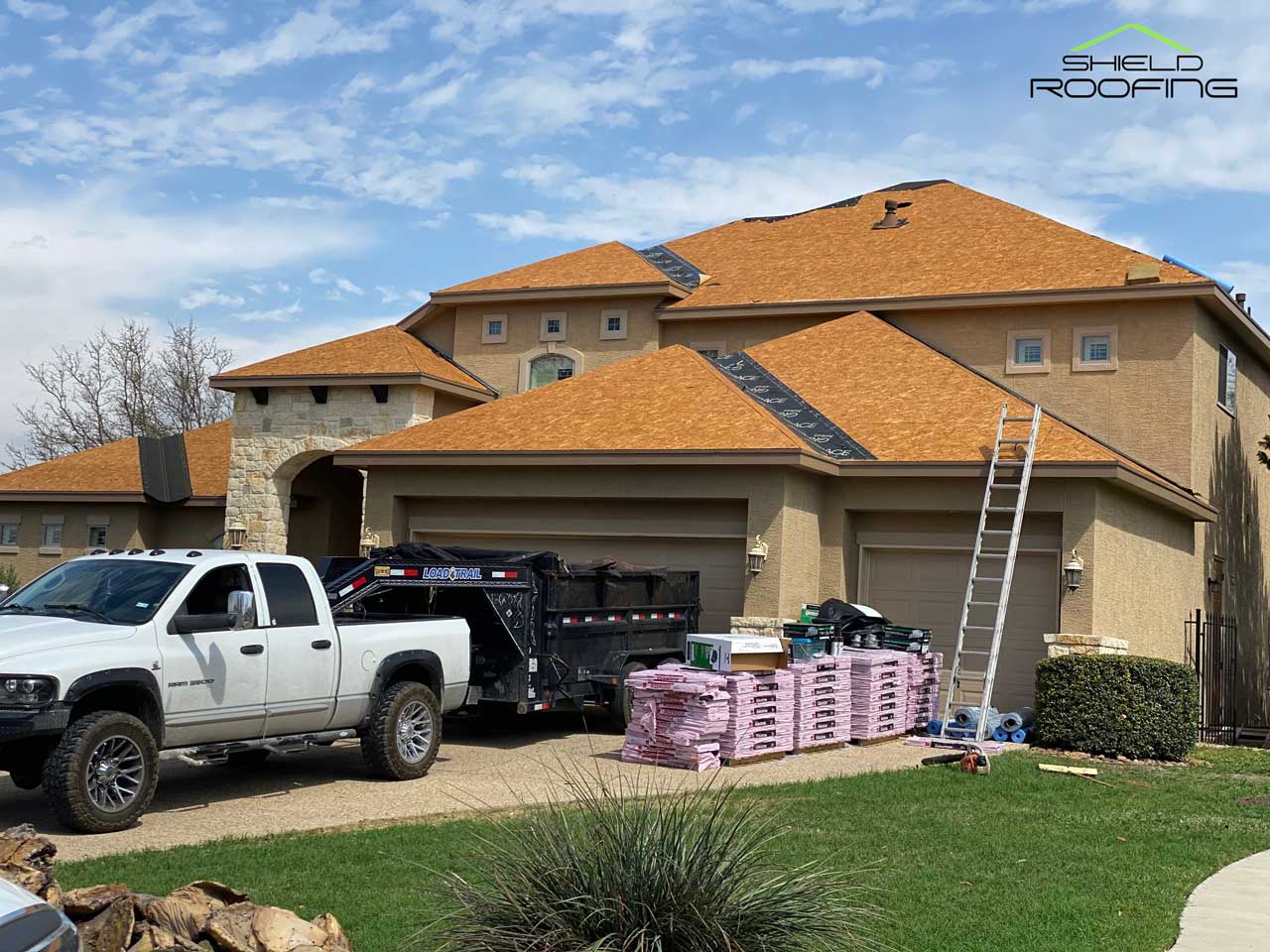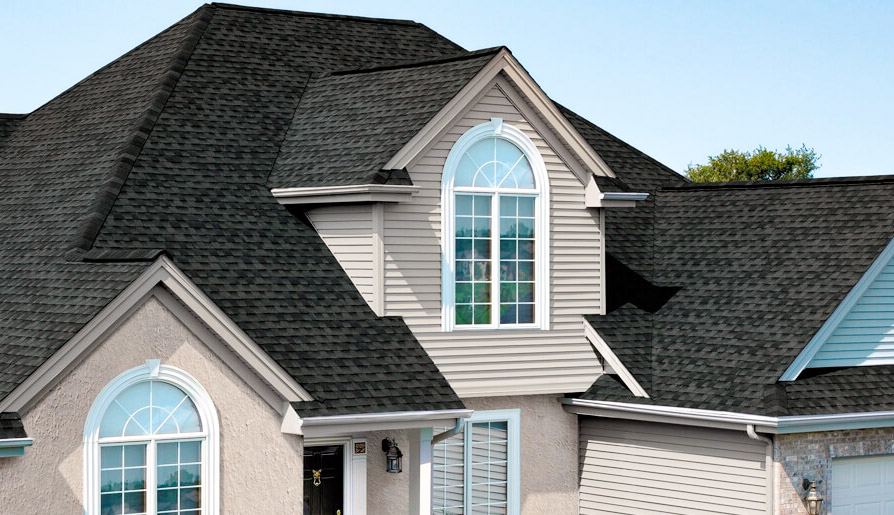A good roofing estimate is essential for a successful home renovation. It helps ensure that the project meets all of the homeowner’s needs and expectations, as well as provides an accurate budget for the work required to be completed. This article will provide guidance on what to look for in a professional roofing estimate so that homeowners can make informed choices when hiring contractors.
The first element of a professional roofing estimate is accuracy. An accurate estimate should include detailed information about each component of the job, including labor costs, materials needed and any permits or licenses required by law. Additionally, such estimates should also specify how long it will take to complete the entire project, allowing the homeowner to plan accordingly.
Finally, a quality roofing estimate must be clear and concise enough that all parties involved understand exactly what they are agreeing upon before signing any contracts or making payments. A reputable contractor will provide written documentation outlining every detail of the job so that there is no confusion between them and their client regarding payment terms or expected results. By keeping these important points in mind when evaluating potential contractors, homeowners can rest assured knowing they are making an informed decision about who to hire for their next renovation projects.
Type Of Roof
When looking for a professional roofing estimate, one of the first things to consider is the type of roof needed. Whether it be flat or sloped, metal or asphalt shingle, each has its own unique characteristics and benefits that are best geared towards different types of homes. Flat roofs provide a great opportunity for extra outdoor space with their low-maintenance surface area and long lifespan. Sloped roofs come in many varieties such as tile, slate, and wood shakes that can add an aesthetic value to your home while also providing superior durability against harsh weather conditions. Metal roofs require less maintenance than other materials but may cost more upfront due to their excellent longevity, fire resistance, and energy savings potential over time. Asphalt shingles are popular among homeowners because they offer good protection from rain and wind at a more affordable price tag compared to other options.
The contractor should have detailed knowledge about every option available when discussing possible choices with you during the estimating process. They should be able to explain why certain products work better based on factors like climate and location along with any additional costs associated with installation or material upgrades if required by local building codes. Furthermore, experienced contractors will take into account any special features such as skylights or chimneys that could increase labor hours when considering total project costs.
It’s important to find an estimator who takes all these considerations into account so you get a complete picture of what the project entails both financially and structurally before making a decision. A thorough evaluation of your needs combined with sound advice from knowledgeable professionals will help ensure you make the right choice for your budget and lifestyle now ––and in years to come.
Cost Of Materials
When it comes to roofing estimates, the cost of materials is a critical factor. Material costs can vary significantly depending on the type and quality of materials used. Indeed, selecting the right material for a given project requires careful consideration.
In terms of what to look out for when evaluating a professional roofing estimate, consider these three key points:
1) The total cost of all materials needed in order to complete the project;
2) Any additional charges associated with bulk orders or special items;
3) The estimated delivery timescale for any purchased items.
It’s important that you understand exactly how much you’re paying for your supplies so there are no surprises once work begins. Furthermore, keep an eye out for deals and discounts from suppliers as this could help reduce overall costs even further. Ultimately, by taking into account the cost of materials when reviewing a professional roofing estimate, you’ll be able to make an informed decision about which contractor best meets your needs and budget criteria.
Labor Costs
Labor costs are an essential part of a professional roofing estimate. They include the cost of hiring and paying people to complete the job, such as contractors, subcontractors, laborers, and other related personnel. Labor is usually priced based on the number of hours needed for completion or by the size of project. When considering labor costs when making a roofing estimate it is important to consider:
- The number of people necessary to complete the job safely and efficiently
- Whether additional specialists might be required depending on complexity or height
- Any travel expenses associated with bringing in external workers
- Cost to pay wages per hour that accounts for experience level
- Potential overtime charges if any delays occur during construction
When calculating labor costs for a roofing project it’s vital to remember that time equals money so ensuring accurate estimates will help avoid overspending before work begins. A good way to start is researching local rates from trusted sources like reviews from past customers and construction associations. This allows you to get an idea of what kind of prices should be expected for quality services and materials. Furthermore, getting multiple quotes from different contractors can also give more insight into fair pricing standards within your particular area. Having this information at hand before committing to any contracts will go a long way towards avoiding budget overruns down the line.
In summary, while labor may not always seem evident in an initial proposal, taking into account all associated costs can make sure that no surprises arise during or after installation of a new roof. Being mindful of these factors ahead of time gives homeowners peace-of-mind knowing they have found reliable professionals who deliver quality service at reasonable prices.
Warranty Details
When seeking a professional roofing estimate, it is critical to consider the warranty details. This information can make all the difference in protecting your investment and ensuring that any necessary repairs or replacements are covered under an appropriate guarantee. A reputable contractor should outline their warranties on materials and labor explicitly—including how long they will cover potential damages. In some cases, manufacturers may even offer extended warranties if certain conditions are met during installation.
It is important to read through the warranty specifics thoroughly before signing anything with a contractor. You should pay close attention to exclusions, limitations, and special requirements for coverage as these could significantly impact what you’re able to claim down the line. Additionally, ask about transferability of the warranty in case you decide to sell your home later on. Understanding each detail helps ensure that you’ll be well-protected from unexpected costs associated with roof repair or replacement.
Identifying a reputable roofer who provides comprehensive warranties can provide peace of mind throughout the life of your roof’s lifespan. Therefore, when evaluating estimates from different contractors it is essential to compare not only prices but also terms and conditions regarding the warranties offered so that you can make an informed decision.
Time Frame
When making a major investment in the home, such as roof replacement or repair, it is important to look for certain details in order to make an informed decision. One of those details should be the time frame that the contractor commits to completing your project. This can help you plan accordingly and ensure that your roofing job will be completed within a reasonable amount of time.
The length of a roofing job varies depending on several factors including materials used, weather conditions and size of property. It is thus prudent to ask about any potential delays before signing a contract with a professional roofer. The contractor should provide an estimated timeline when they prepare the estimate so you know what to expect and whether their proposed time frame fits into yours.
Be sure to also inquire if there are any contingencies that could affect the completion date such as inclement weather or unavailability of necessary supplies. Knowing these potential roadblocks upfront allows you to better plan for them and manage expectations regarding when the work will ultimately be finished. It’s also essential to ensure that all parties involved agree upon this timeline prior to starting any work on the project so that everyone understands their commitments up front.
Clean-Up Requirements
When reviewing a professional roofing estimate, it is important to consider the clean-up requirements that are outlined. This includes any debris that may be generated from the installation process and how it will be disposed of. It will also specify if additional services such as power washing or sealing are recommended after completion of the job.
It is essential to inquire about what cleaning materials and methods will be used as some products can damage plants and other materials on your property when not handled properly. Moreover, this section should include information regarding who is responsible for disposing of all waste material safely in accordance with local regulations.
Knowing these details ahead of time allows you to make an informed decision and ensure that everyone involved meets their commitments concerning the disposal of construction debris. Knowing exactly what needs to be done in order to maintain a safe environment throughout the project helps you feel confident about choosing the right contractor for your roofing needs.
Insurance Coverage
Insurance coverage is an important element to consider when evaluating a professional roofing estimate. From liability protection in the event of damages, to worker’s compensation for those on the job, there are various facets of insurance that should be taken into account.
Firstly, inquire about general liability insurance and make sure it fully covers any potential harm caused by contractor activities during the project. Secondly, investigate whether the workers employed are covered under adequate worker’s compensation policies in case they sustain injuries while onsite. Finally, determine if property damage coverage is included as part of the policy plan.
It is essential to ensure that these types of insurance requirements have been fulfilled prior to initiating a contract with a roofer; this way you can rest assured your financial interests will remain secure regardless of what may arise during or following the completion of work. As such, it pays dividends to take some extra time researching all pertinent details regarding each prospective company’s respective insurance plans before making a final selection and entering into an agreement.
Payment Terms
The eighth item to consider when evaluating a professional roofing estimate is the payment terms. It is important to understand how and when payments will be required throughout the duration of the project, as well as what methods are accepted for making those payments. Generally, it is customary for contractors to request an upfront deposit upon signing a contract or before beginning work on the project. The rest of the payment may then be negotiated in several installments during different stages of progress in order to manage larger costs over time.
It can also be beneficial to inquire about any potential discounts that may apply for early completion of remaining balance payments. Furthermore, if extra services are provided after the initial agreement has been made, such as additional repairs or materials not initially included in the original scope of work, these should be discussed prior to agreeing on payment terms in order to ensure fair compensation both parties involved.
In addition, understanding any warranties related to your roofing project should form part of this discussion. This way you can feel more confident knowing that if there were any issues with regards to quality or craftsmanship within a certain period following installation, they would fall under warranty coverage and could potentially result in further savings down the line.



